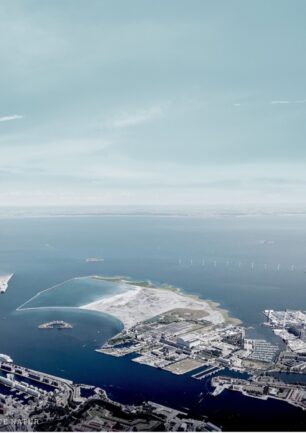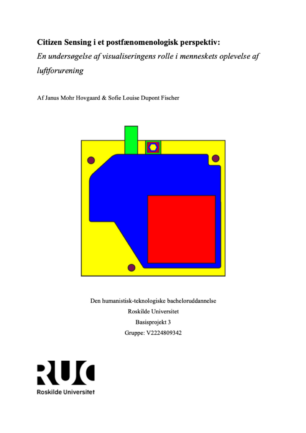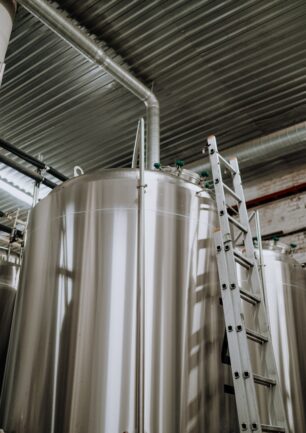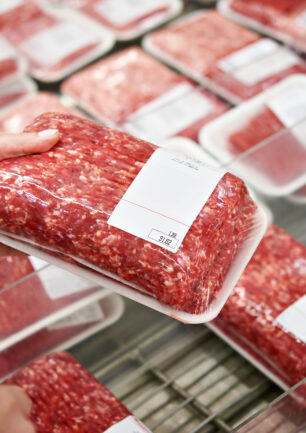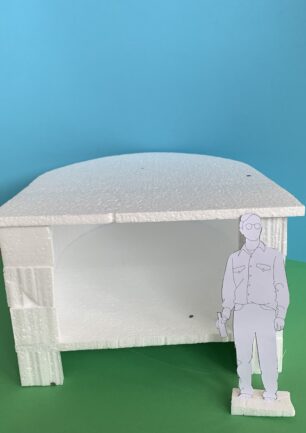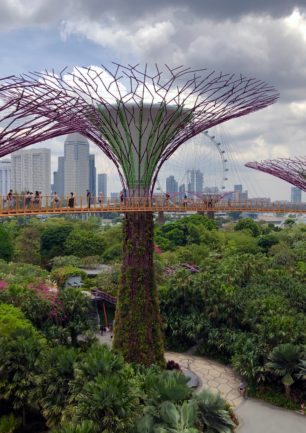Optimering af Lynetteholm
This abstract summarizes a 2023 study at RUC on optimizing Lynetteholm’s sustainable development. By learning from previous megaprojects like the Øresund Bridge, the study highlights the need for a zero-impact solutions approach to minimize environmental harm. It emphasizes the importance of clear goals, expert knowledge, and public participation in planning. By examining past marine megaprojects and promoting interdisciplinary collaboration, Lynetteholm can achieve sustainable development while minimizing environmental and societal impacts.
